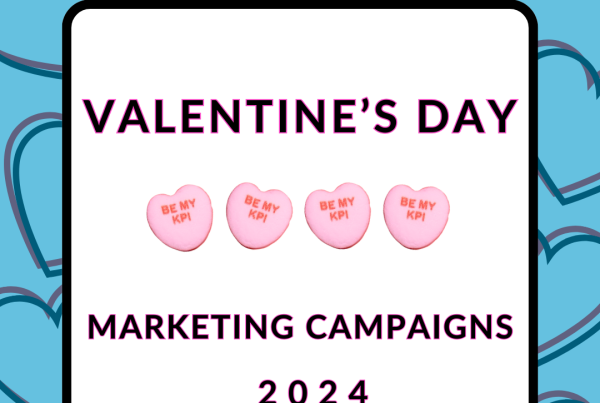After years of threats, Tik Tok has become one of the first social media platforms to require a ban from the United States Federal Government. Back in early March, the US government banned Tik Tok on all government devices due to data security concerns; it gave all government agency staff 30 days to delete the app. Despite the ban on thousands of devices, the government still worries that the organization has too much access to US data.
The app began its rise to popularity in 2020 as users took to the internet for social connection at the start of the pandemic. ByteDance founded the tech company, and has mastered the algorithm of displaying relevant content to users based on their online behavior and trends. In the last few years, however, Tik Tok has evolved beyond the simple video-sharing app it was developed to be – Tik Tok CEO Shou Zi Chew created a video sharing new Tik Tok data that reveals that in a little over two years, usage in the United States has reached over 150 million people (an increase of 100 million from 2020). Chew also said that the app is used by more than 5 million American businesses.
On March 23, Chew testified in front of Congress in an effort to keep Tik Tok alive in the United States. As a negotiation tactic to remain stateside, Tik Tok has proposed ‘Project Texas’, a $1.5 billion dollar plan including creating a new subsidiary, Tik Tok U.S. Data Security Inc. (USDS), to monitor American operations. Tik Tok vows that with ‘Project Texas’, the data of all American users will be stored in the United States and managed by Oracle Corporation, an American company based in Texas. Still, US legislatures are skeptical that Project Texas can not right the privacy concerns quick enough, and insist the app is banned or sold.
So what potential impact would this have on the marketing industry?
- From an advertising perspective, Tik Tok has become a mainstay in many advertisers’ overarching strategies – a ban would result in a massive migration of users in the social space, likely to Instagram and YouTube, which would result in an influx of advertising dollars to those channels. Such a large shift over a short period of time could lead to more competitive costs.
- Tik Tok has also had a huge impact on the way users consume video, and as a result quick, short form videos have risen in popularity. A shift away from Tik Tok – style video consumption could lead to long-form videos making a comeback.
- If Project Texas gets approved and all user data becomes owned by a US entity, there may be changes to the targeting capabilities available to Tik Tok advertisers. Restrictions around special ad categories that exist for other US owned social platforms (such as employment, housing, political, banking, and credit) may become a bigger factor.
With the future of Tik Tok in the U.S. still unclear, advertisers should begin planning for alternative solutions to their existing efforts.
Source: TechCrunch // Bloomberg



